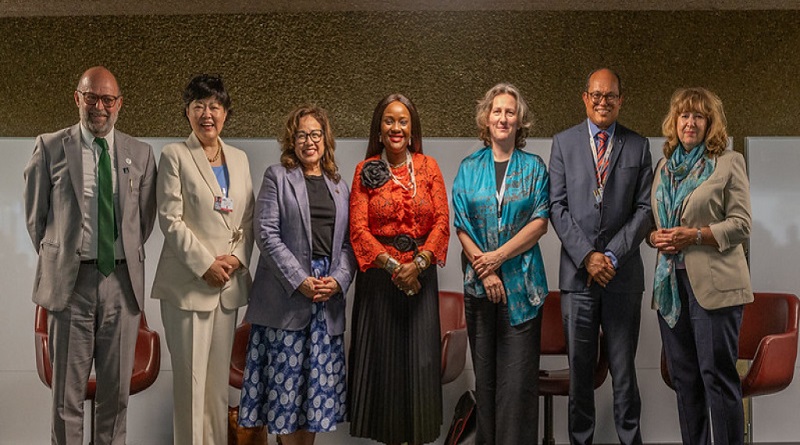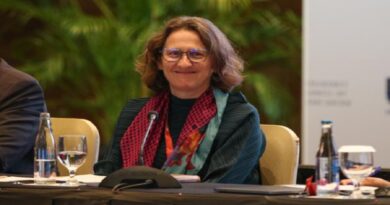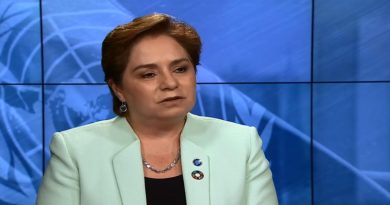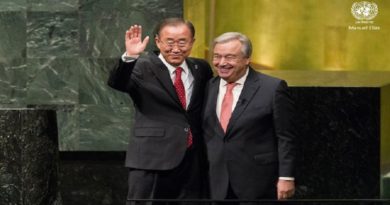Multilateral Environmental Agreements heads dialogue to leverage GEF’s catalytic financing to accelerate implementation of treaties
In a step toward integrated global environmental action, the Global Environment Facility (GEF) hosted the first Global Environmental Facility and Multilateral Environmental Agreements (GEF–MEA) Exchange on the margins of the 2025 Basel, Rotterdam and Stockholm Conventions (BRS) COPs in Geneva. Switzerland
The event brought together Executive Secretaries of seven multilateral environmental agreements (MEAs) for a dynamic, high-level dialogue focused on leveraging the GEF’s catalytic financing to accelerate the implementation of environmental treaties.
“The only way forward is together”, said GEF CEO Carlos Manuel Rodríguez in his opening remarks. “We cannot do it in silos. We must go deeper, take a bottom-up approach, identify the gaps, and build strong synergies. The real challenge lies in how we mobilize both domestic resources and international cooperation”.
The session highlighted the GEF’s integrative value, its capacity to unlock public and private co-financing, and its evolving strategic framework in preparation for the upcoming GEF-9 replenishment. The dialogue served not only as a reflection on what has been achieved, but also as a springboard for what is to come.
Minamata Convention Executive Secretary Monika Stankiewicz echoed this call for unity and evolution. “The Minamata Convention is still young, but the GEF’s support has already helped us make significant strides, from reducing mercury use in artisanal and small-scale gold mining (ASGM), to regulating the informal sector, to engaging Indigenous Peoples and local communities”, she said. “This dialogue is vital, and I hope it continues at our own COP-6 in November”.
Throughout the exchange, heads of MEAs emphasized the importance of breaking down silos to address intersecting challenges such as climate change, biodiversity loss, and chemical pollution. Convention on Biological Diversity Executive Secretary Astrid Schomaker emphasized the importance of long-term thinking: “Programmes provide a transition perspective”, she noted. BRS Executive Secretary Rolph Payet called for smarter financial strategies: “We need to change how we manage funding and multiply what donors give us”.
Also participating in the event were Ivonne Higuero, Secretary-General of the Convention on International Trade in Endangered Species of Wild Fauna and Flora (CITES), and Musonda Mumba, Secretary-General of the Convention on Wetlands (Ramsar Convention). The session concluded with a shared vision: deeper collaboration, stronger integration, and a commitment to innovation in financing and implementation.




